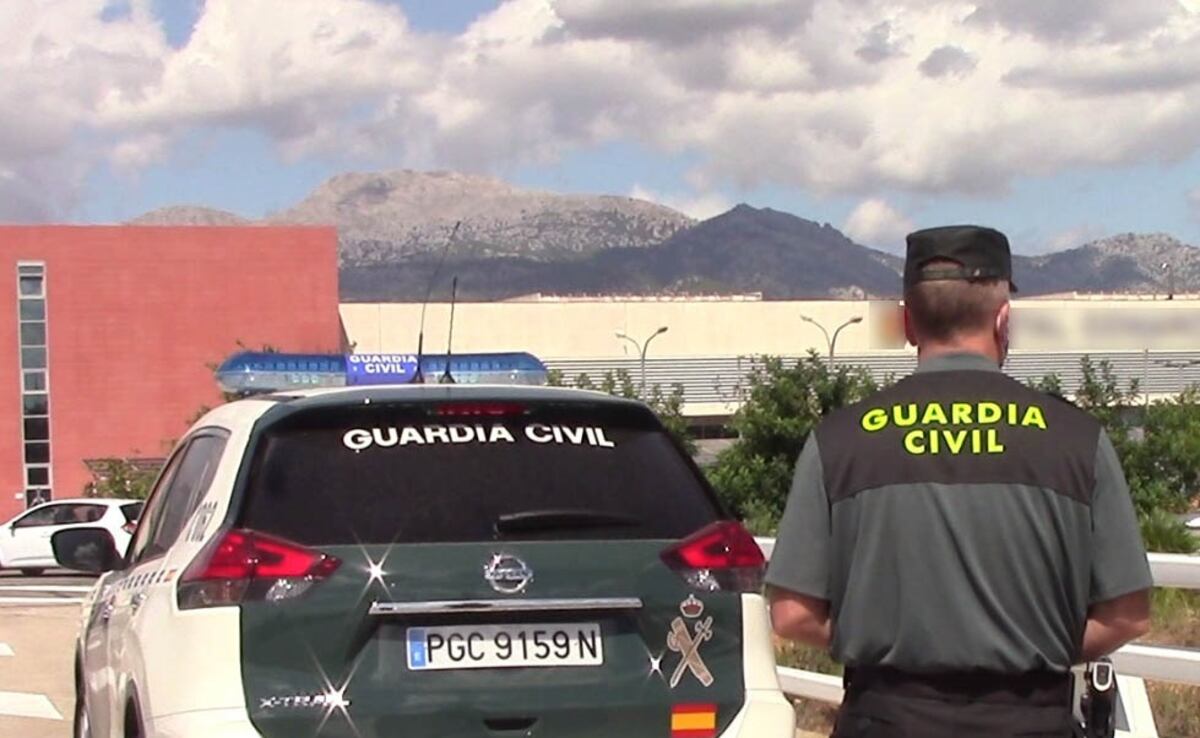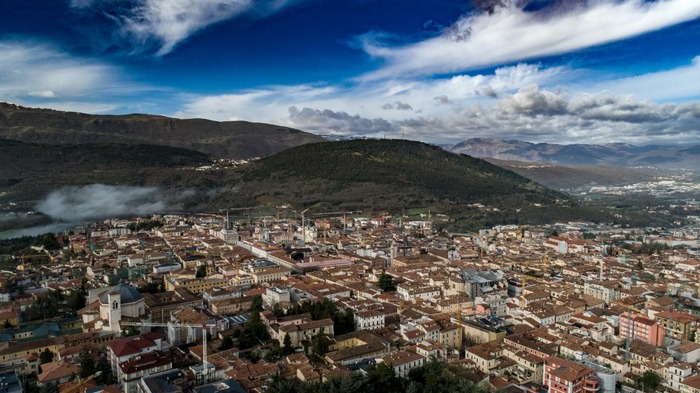Etruscan cousins of the Italics, the ancient DNA reveals it, but the language spoken by this people remains a mystery. To prove the close relationship a genomic study defined as the largest ever carried out on the Etruscans, conducted by a team of international scholars, coordinated by Cosimo Posth, of the department of Archaeogenetics of the German Max Planck Institute for the History of Human Sciences in Jena and conducted with the universities of Florence, Tubingen and Jena. Published in Science Advances magazine. The research examined the DNA of 82 individuals who lived in Italy over a period of almost 2000 years, from 800 BC to 1000 AD, in twelve sites, between Tuscany and Upper Lazio.
The results? The Etruscans "share the genetic profile of the Latins of nearby Rome and much of their genome derives from ancestors from the Eurasian steppe during the Bronze Age". The study, in which researchers from the Universities of Florence, Siena, Ferrara and the Museum of Civilization in Rome, Germany, the United States, Denmark and the United Kingdom took part, thus solves, it is explained, "the enigma about the origins of this highly advanced and still little known culture ", which flourished during the Iron Age in central Italy, and which has intrigued scholars for millennia, involving illustrious historians since the time of the Greek Herodotus.
For the latter they descended from Anatolian or Aegean migratory groups. For archaeologists, on the other hand, they had a local origin, a hypothesis supported in the past by some research on ancient DNA. It is now confirmed by this research which provides "definitive answers" on the origins of the Etruscans. However, the mystery of their language, not Indo-European, extinct, only partially understood, remains. If "the groups linked to the Eurasian steppe were probably responsible for the spread of the Indo-European languages, now spoken all over the world by millions of people, the persistence of a non-Indo-European Etruscan language in Etruria is an intriguing phenomenon - it is explained - which will require a further investigation".
"This linguistic persistence, combined with a genetic turnover, challenges the thesis that genes are equal to languages - says David Caramelli, professor of anthropology at the University of Florence - and suggests a more complex scenario that may have involved the assimilation of the first Italic peoples by the Etruscan linguistic community, perhaps during a prolonged period of mixing in the second millennium BC "
The study also revealed "important genetic transformations associated with subsequent historical events" with reference always to central Italy: one, during the Roman imperial period, linked to the mingling with the populations of the eastern Mediterranean which probably included slaves and soldiers transferred across the country. Roman Empire; the other in the Early Middle Ages, identified with the spread of northern European ancestors in the peninsula following the collapse of the Western Roman Empire.
"This genetic change - says Johannes Krause, director of the Max Planck Institute for Anthropological Evolution - clearly describes the role of the Roman Empire in the movement of people on a large scale at a time of greater socio-economic and geographical mobility".
"The Roman Empire - says Cosimo Posth, professor at the University of Tübingen and Senckenberg Center for Human Evolution and the Paleoenvironment - seems to have left a lasting contribution to the genetic profile of southern Europeans, bridging the gap between European and Eastern Mediterranean on the genetic map of Western Eurasia "













